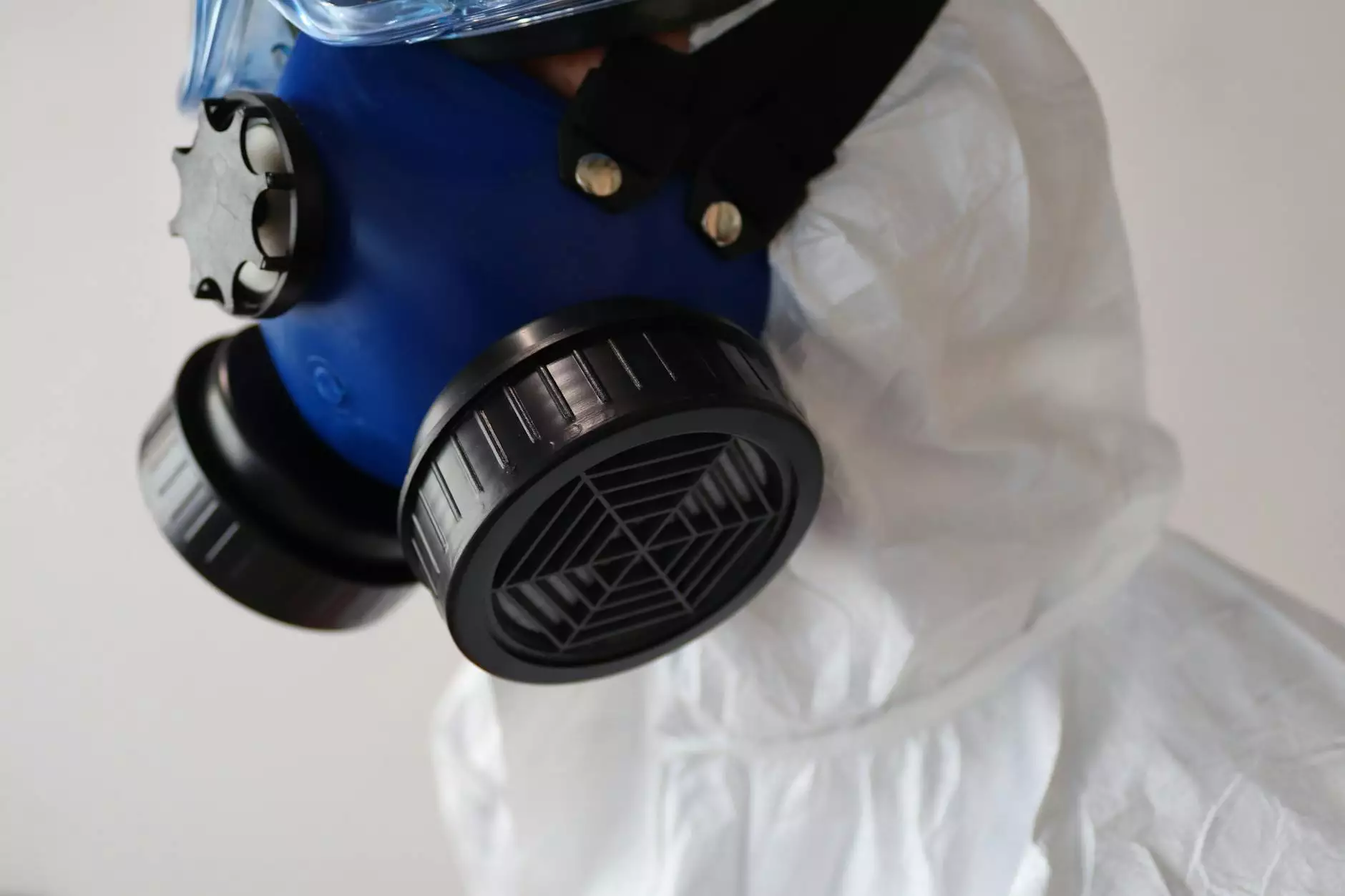Reverse Osmosis (RO Water) 101
Blog
Introduction
Welcome to Westwater Softening & Purification's comprehensive guide about reverse osmosis (RO) water purification systems. In this article, we will dive deep into the inner workings, benefits, and applications of reverse osmosis technology. By the end, you'll have a thorough understanding of how RO systems can provide you with high-quality, clean, and pure drinking water for your home or business.
What is Reverse Osmosis?
Reverse osmosis (RO) is a water purification process that uses a semi-permeable membrane to remove contaminants, impurities, and particles from water. It is a highly effective method to improve water quality, making it safe for consumption and various applications.
How Does Reverse Osmosis Work?
RO systems work by applying pressure to water, forcing it through a specially designed membrane that has incredibly small pores. These pores allow water molecules to pass through while trapping and eliminating impurities such as lead, chlorine, bacteria, viruses, and other dissolved solids.
During the reverse osmosis process, the contaminated water enters the system, and the pressure applied pushes it through the membrane. As a result, clean and purified water emerges on the other side, leaving behind pollutants and unwanted substances.
Benefits of Reverse Osmosis
Investing in a reverse osmosis system brings numerous benefits to your home or business. Some of the key advantages include:
- Improved Water Quality: Reverse osmosis effectively removes harmful contaminants, providing you with pure and clean water.
- Enhanced Taste and Odor: By eliminating impurities, RO water often tastes and smells better, enhancing your overall drinking experience.
- Health Benefits: Pure water from an RO system is great for staying hydrated and promoting overall well-being.
- Environmental-Friendly: RO systems reduce the need for single-use plastic bottles and help reduce plastic waste.
Applications of Reverse Osmosis
Reverse osmosis systems have a wide range of applications, including:
- Residential: Many homeowners opt for RO systems to ensure they have access to clean drinking water directly from their taps.
- Commercial: Restaurants, cafes, and other food establishments use RO systems to provide their customers with high-quality water for cooking and beverages.
- Industrial: Industries like pharmaceuticals, electronics, and power generation rely on reverse osmosis for various purification processes.
Choosing the Right Reverse Osmosis System
When selecting a reverse osmosis system, there are several factors to consider:
- Water Quality: Analyze your water source to determine the specific contaminants present and select a system that caters to your needs.
- Capacity: Evaluate your water consumption requirements and choose an RO system that can meet those demands.
- Installation: Consider the space available for installation and whether you prefer an under-sink or countertop model.
- Monitoring and Maintenance: Research the maintenance requirements of different systems and ensure they align with your capabilities.
Conclusion
Reverse osmosis (RO) water purification systems offer an effective and reliable solution for obtaining high-quality, clean, and pure water. From improving the taste and odor to providing health benefits and reducing environmental impact, RO systems have become a preferred choice for both residential and commercial applications.
To explore the wide range of reverse osmosis systems available, get in touch with Westwater Softening & Purification. We specialize in providing top-notch water treatment solutions tailored to your unique needs. Don't compromise on water quality, and let us help you enjoy the benefits of pure, refreshing water today!




